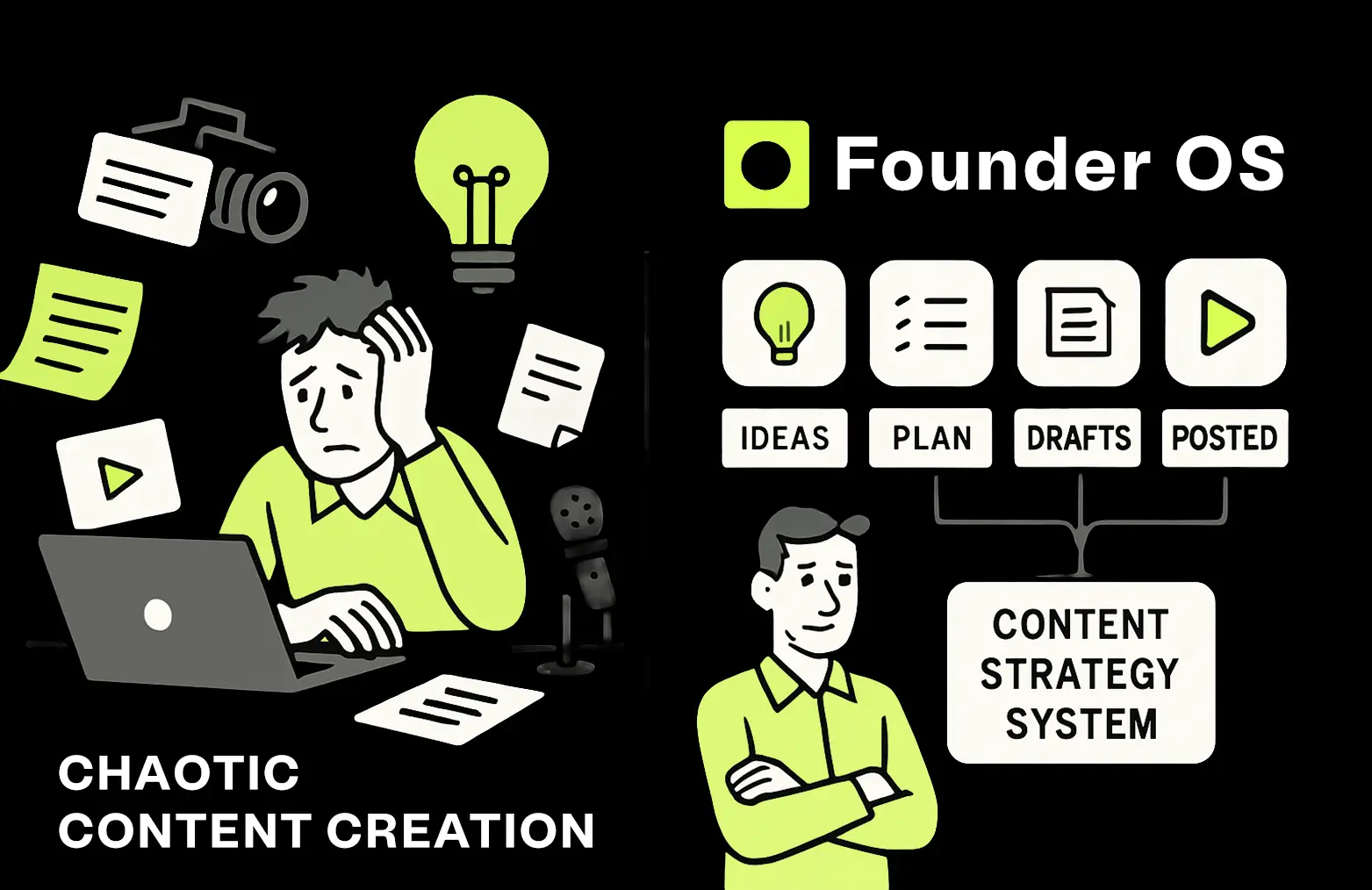What's an Agency Business, Anyway?
In simple terms, an agency is a team of experts that businesses hire. Why? Because sometimes they need skills they don't have. Agencies bring new ideas and skills to help their clients grow and succeed.
Agencies offer lots of different services. Here are a few examples:
- Marketing Agencies: They help businesses with marketing plans, social media, branding, and getting leads.
- Digital Marketing Agencies: They focus on online marketing like search engine optimization (SEO), pay-per-click advertising (PPC), content marketing, and website design.
- Creative Agencies: They handle things like graphic design, ad campaign development, video production, and brand identity creation.
- Public Relations (PR) Agencies: They help businesses connect with the media, manage their brand, and write press releases.
- Web Development Agencies: They design, build, and maintain websites and web apps.
- Influencer Marketing Agencies: They connect businesses with influencers to promote products and services on social media.
Agencies can specialize in one area or offer a wide range of services. It all depends on what their clients need.








.webp)


